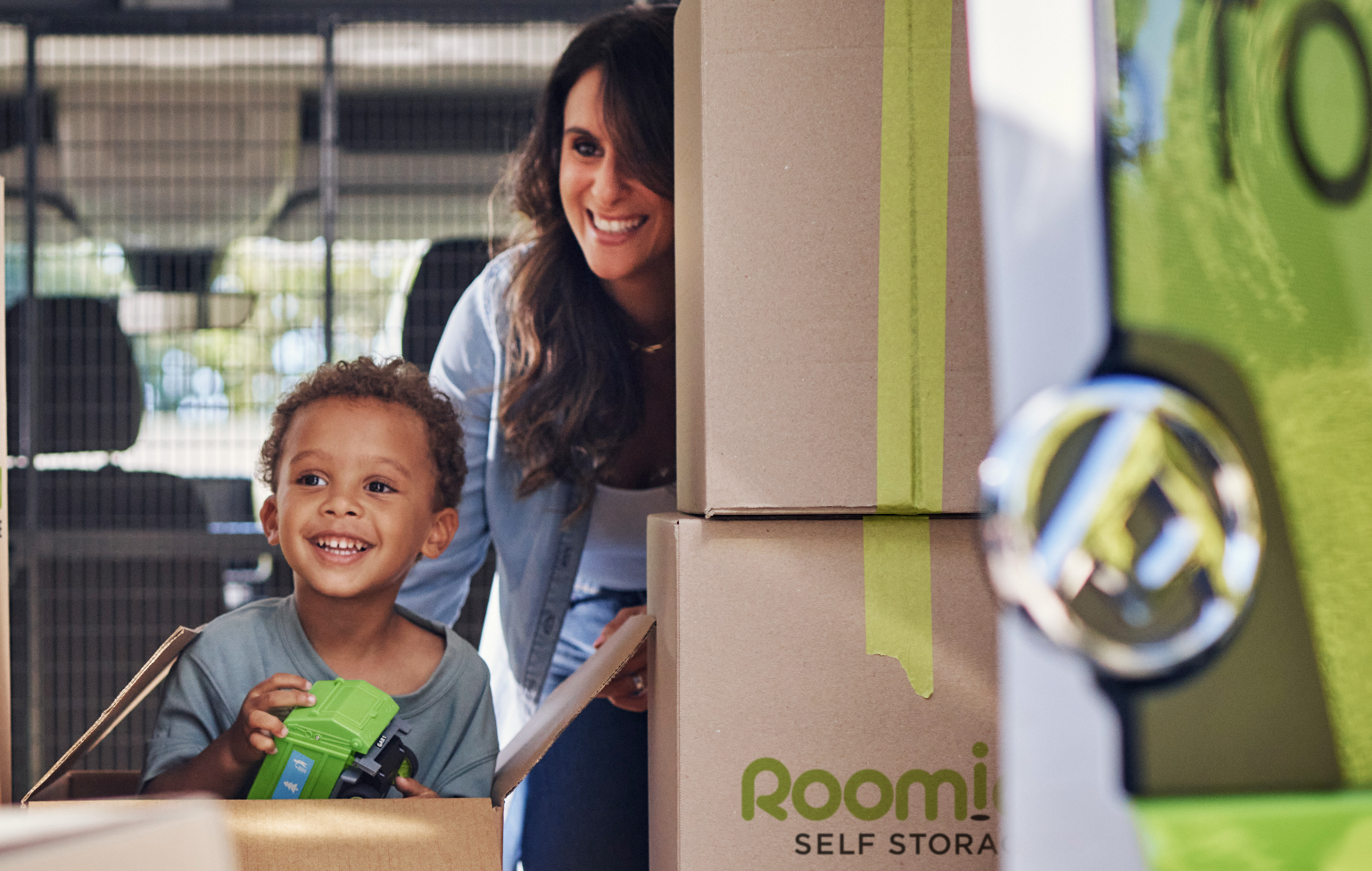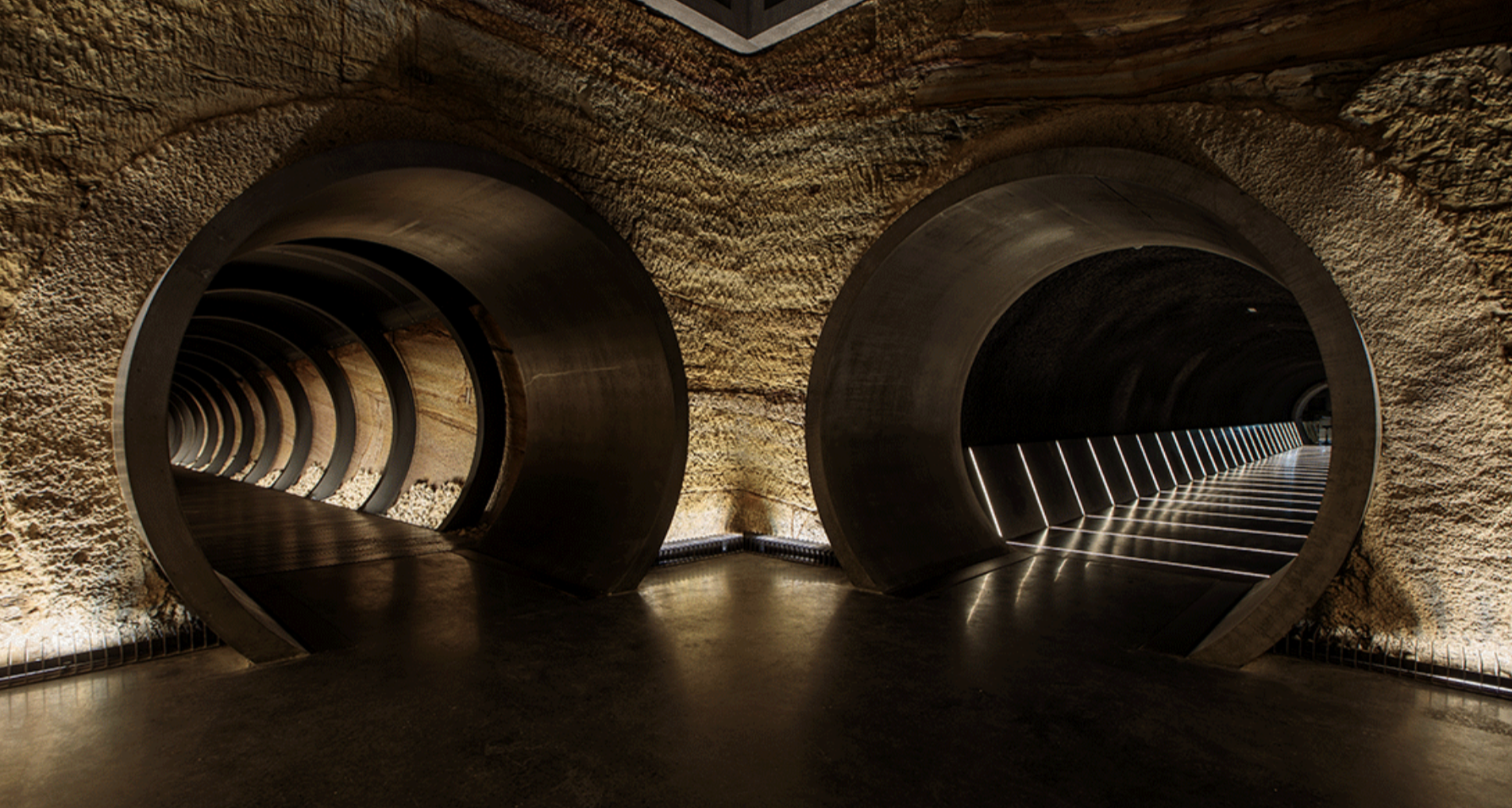by Phil Huzzard | Jun 27, 2023 | Thinking
The rise of the experience and transformation economies in Australia
Mona: the catalyst for Tasmania’s tapping into the experience economy
Developed economies are witnessing a continuing shift in consumer preferences, as the experience and transformation economies take centre stage. More than ever, consumers are seeking meaningful experiences and personal growth. Here, we explore the burgeoning trend towards experiences and transformations in Australia and its profound impact on businesses and individuals alike. We also offer a couple of examples of brands that are getting it right.
The shift from materialism to experiences
In recent years, there has been a significant shift in consumer values, with Australians increasingly valuing experiences over material possessions. This shift can be attributed to various factors, including a desire for personal fulfilment, the rise of social media, and a greater emphasis on sustainability. Rather than accumulating more things, individuals are now prioritising memorable moments and transformative journeys.
The experience economy
The experience economy revolves around creating immersive and memorable experiences for consumers. Australians are increasingly willing to invest their time and money in unique experiences. Businesses across a broad range of industries are capitalising on this trend by providing curated experiences that cater to consumers' desires for novelty, authenticity, and personalisation. Even products that were once positioned as ultra-premium are now being positioned as experiences. Look at the way, for example, that Rolex positions its watch range. Owning a Rolex has gone from being a once-off asset acquisition into a ‘collectables’ experience, with new, customised models being produced in low numbers to becoming tradeable assets. The same applies to some sportswear brands, where, for example, restricted supply essentially gamifies the ownership of rare sports shoe variants.
The transformation economy
Parallel to the experience economy, the transformation economy focuses on personal growth and self-improvement. A basic example can be found in transformative experiences that foster physical, mental, and emotional well-being. This shift is fuelled by a growing awareness of holistic health, mindfulness, and the pursuit of a balanced lifestyle.
A more sophisticated example can be found in the positioning of Roomia, a brand DPR&Co recently created for our client Storage Investments Australia, all based on the strategic insight that “a little empty space can transform your life”, and that, by making storage customisable and simple, Roomia enables you to transform your home to become more liveable and beautiful.
 SIA’s Roomia – an example of the transformation economy at work.
SIA’s Roomia – an example of the transformation economy at work.
Other examples include financial and residential products targeting retirees, unlocking wealth held in real estate to transform the lives of elderly people for the better.
The impact on businesses
The rise of the experience and transformation economy presents both challenges and opportunities for businesses. Traditional retail models are being forced to adapt to changing consumer demands. Companies are diversifying their offerings to include experiences alongside products, aiming to create a deeper emotional connection with customers. Retail spaces are transforming into experiential destinations, where customers can engage in interactive activities, workshops, or sensory experiences.
The tourism industry is also experiencing a significant transformation, with travellers seeking unique and authentic experiences that go beyond mere sightseeing. One of the most compelling examples of this is the way Tasmania is positioning itself as a mecca for unique and high-value food, wine and cultural experiences off the back of David Walsh’s inspirational Mona.
The individual benefits
The experience and transformation economy not only benefit businesses but also have a profound impact on individuals. By prioritising experiences and personal growth, Australians are enriching their lives and creating lasting memories. Experiences provide a sense of fulfilment, connection, and personal development, allowing individuals to explore their passions, expand their horizons, and develop new skills. Moreover, transformative experiences contribute to improved mental health, self-awareness, and overall well-being.
What to consider
The experience and transformation economy is reshaping the way Australians consume, travel, and grow. As more of us ascend Maslow’s hierarchy of human needs, self-actualisation is a bigger consideration than ever before. The shift from materialism to experiences reflects this desire for fulfilment and personal growth.
Embracing this trend means offering curated experiences that cater to consumers' desire for novelty, authenticity, and self-improvement.
Innovating around experiences and transformations begins with stepping into your consumer’s position and considering what an optimum experience with your brand might feel like, rather than simply looking at the immediate transaction. Look at the brand journey you promise and how, by framing the product benefit as an experience or a transformation, you will automatically increase the lifetime value of that customer.






